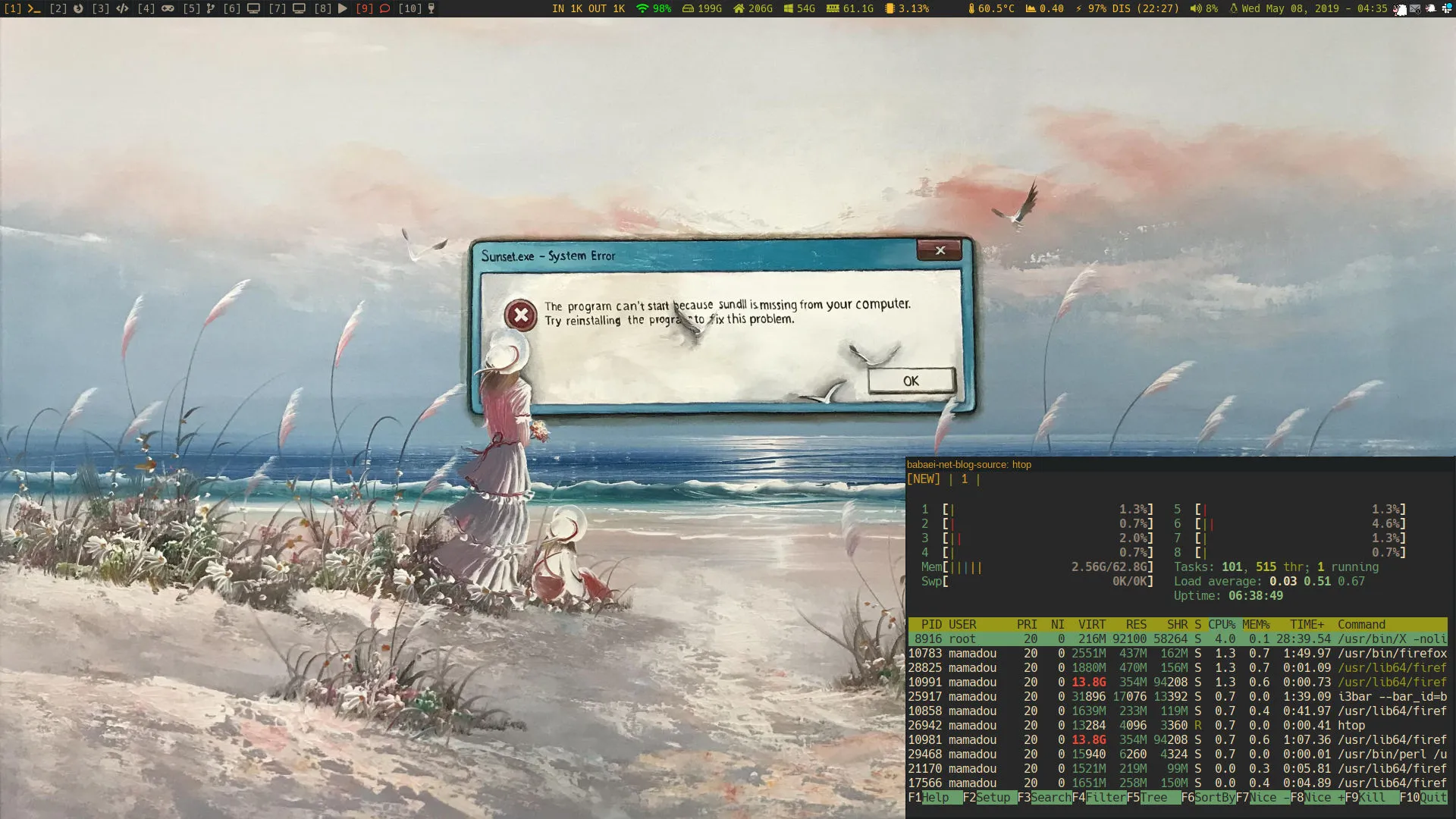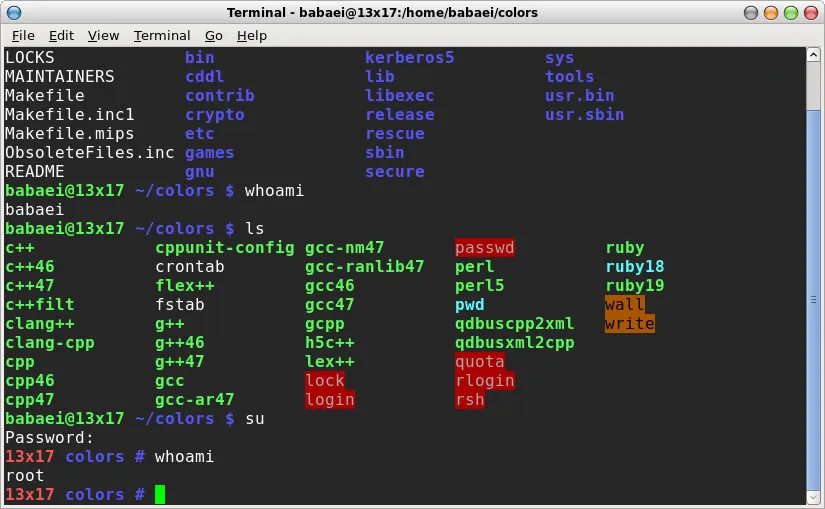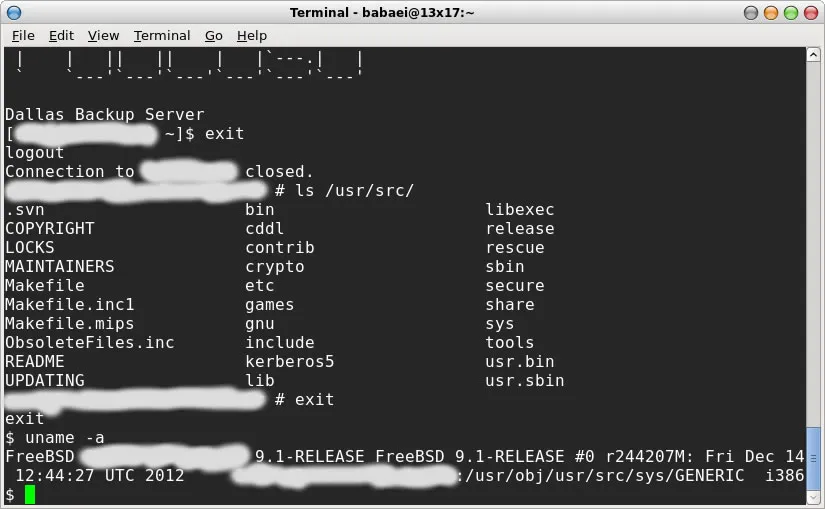A few months back due to various changes in how Funtoo is being managed, I migrated back from Funtoo to Gentoo after almost a decade. After some time I realized my laptop randomly gets stuck on a blank screen and freezes just right before my login manager (SDDM) starts. I noticed the hard-disk LED is blinking and the system is actually not freezed and probably is working and stuck on something. Checking the system or Xorg logs did not reveal anything unusual.
I even posted my issue on the Gentoo Forums and when I thought the issue is gone I marked it as SOLVED (well, I don’t turn off this laptop or reboot too much). But, the problem came back and hunted me over again.
Finally, I decided to install JuiceSSH on my phone since I do not have access to another PC for the time being. When it did freeze, I did ssh into my Gentoo installation and noticed udevd’s CPU usage is at 100%. I looked up the forums to see if someone else having this issue or not. I cannot recall where on the forums I saw it, but it seems this was a known issue to some users with recent NVIDIA drivers and someone suggested blacklisting the NVIDIA drivers, so the kernel won’t load them at boot time as it is going to be loaded by X later on.
Well, I did the following changes in order to blacklist the NVIDIA modules, so the kernel won’t load them at boot itme:
blacklist nvidia
blacklist nvidia_drm
blacklist nvidia_modeset
blacklist nvidia_uvmAnd, viola! It has been a month without any issues so far. It did solve the issue for me, once and for all. Hope it helps someone with a similar issue until this bug is officially fixed.


